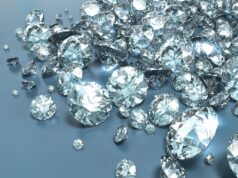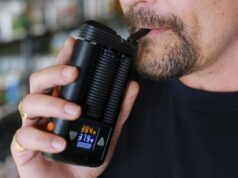Cannabis is gaining mainstream status, thanks to the growing number of states legalizing its use for medical and even recreational purposes.
And since more common outlets mention cannabis more and more lately, you’ll naturally come across related words you’ve never heard of before.
You don’t have to be a cannabis enthusiast to stay in the know. Just check out these nine major cannabis terms to learn today.
1. Cannabinoid
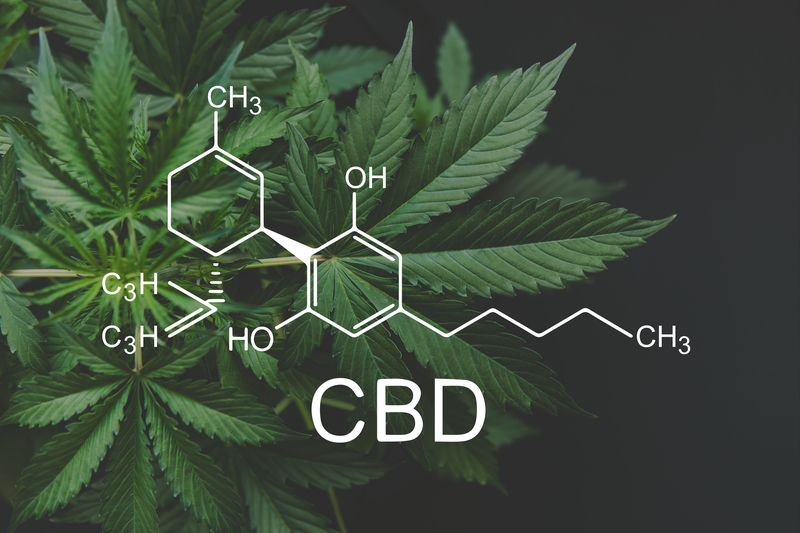
This one is a mouthful, but it’s a big name for a relatively simple concept, luckily.
Cannabinoids are compounds found in the cannabis plant. You’ll hear this word in conjunction with the two most common cannabinoids: CBD and THC.
CBD is short for cannabidiol and is the part of the cannabis plant that may promote several health and wellness benefits.
THC is short for tetrahydrocannabinol, the psychoactive cannabinoid that produces the “high” most people associate with cannabis use.
2. Terpenes
Terpenes are another major cannabis term you may have heard about.
They too are a compound from the cannabis plant. Although, what sets them apart from CBD and THC is that they are present in all plant life.
Terpenes are responsible for plant and flower fragrances, such as the smells we associate with roses, basil, lemons, etc.
In cannabis, terpenes provide a classification for different strains (more on that later), with some types of cannabis having a more pungent odor and higher terpene amount than others.
3. Kief
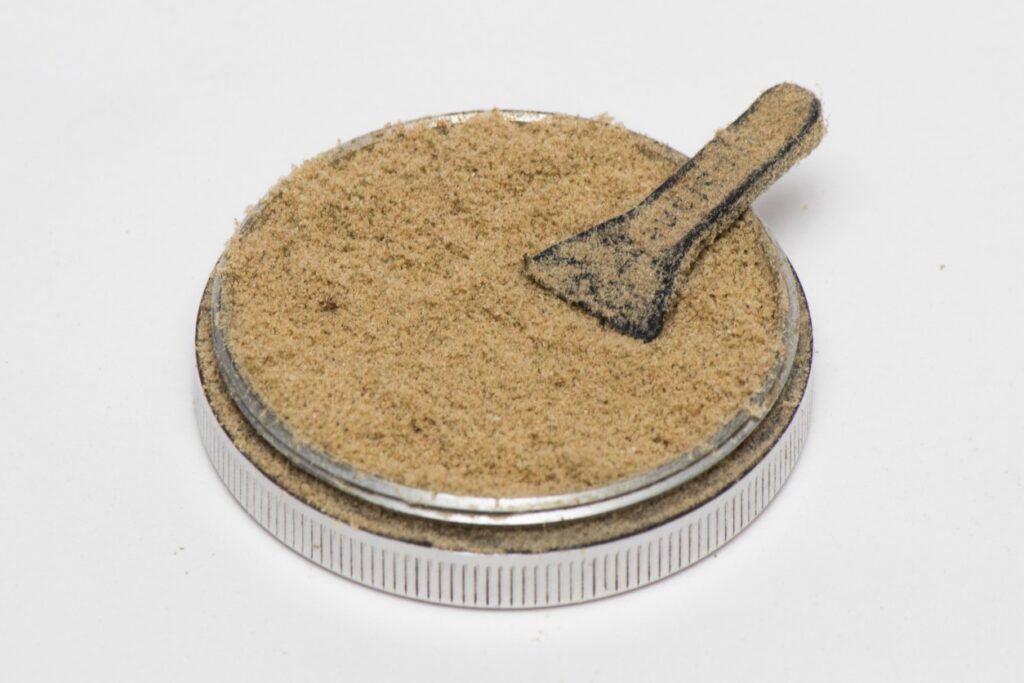
Kief is the name of the resin glands in the cannabis plant that house the terpenes and other compounds.
It’s popular with marijuana users who separate the kief from other parts of the cannabis plant to make hash and other potent cannabis byproducts.
To learn more about kief and how people use it, check out this blog by Veriheal.
4. Edibles
Edibles is a major cannabis term that refers to marijuana in its, well, edible form.
For instance, people will create cannabis oil or butter from their marijuana supply and use it to make cookies, brownies, salad dressing, and whatever else they like.
They then consume these “edibles” to enjoy the effects of THC, CBD, or both compounds, depending on their preference.
5. Dabbing
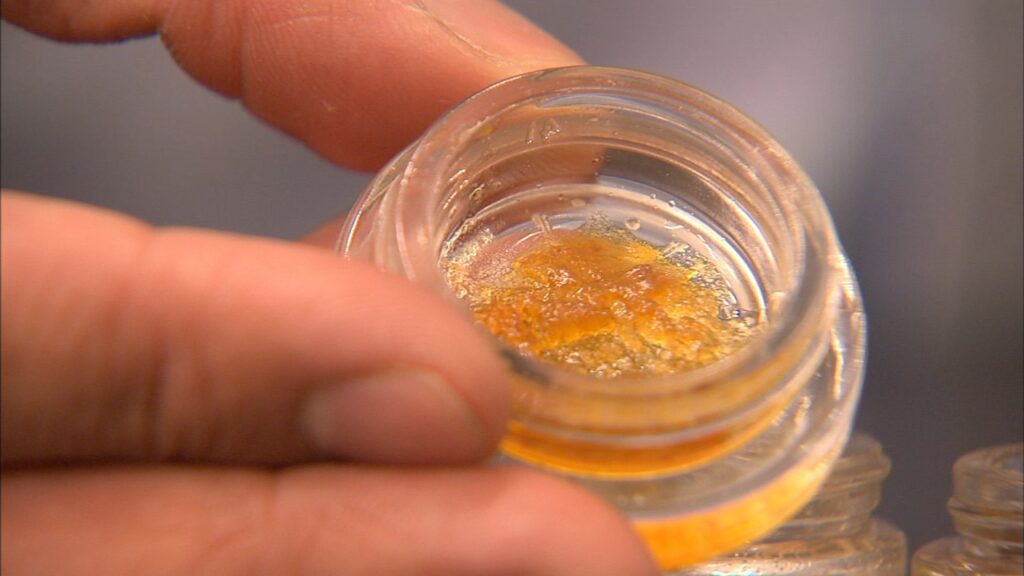
The term dabbing is one heard frequently thanks to the gesture that had its moment a couple of years ago. Whether the gesture is related to the cannabis term is anyone’s guess.
However, in the cannabis world, dabbing refers to ingesting concentrated amounts of cannabis. Those who dab extract high levels of cannabinoids from the cannabis plant, which results in thick and sticky wax or oil dab.
They then heat the dabs on an e-nail or similar surface and inhale the smoke through a dab rig. Basically, it is a method of consuming a more potent dose of cannabis.
6. Concentrates
Remember how we mentioned people dab cannabis concentrates? Here, we’ll explain those same concentrates.
Concentrates are, as the name suggests, a concentrated form of cannabis. Users remove the majority of the cannabis plant and extract all of its terpenes and cannabinoids.
It simply leaves out the less potent plant material in favor of the parts that enhance the cannabis experience.
7. Strains
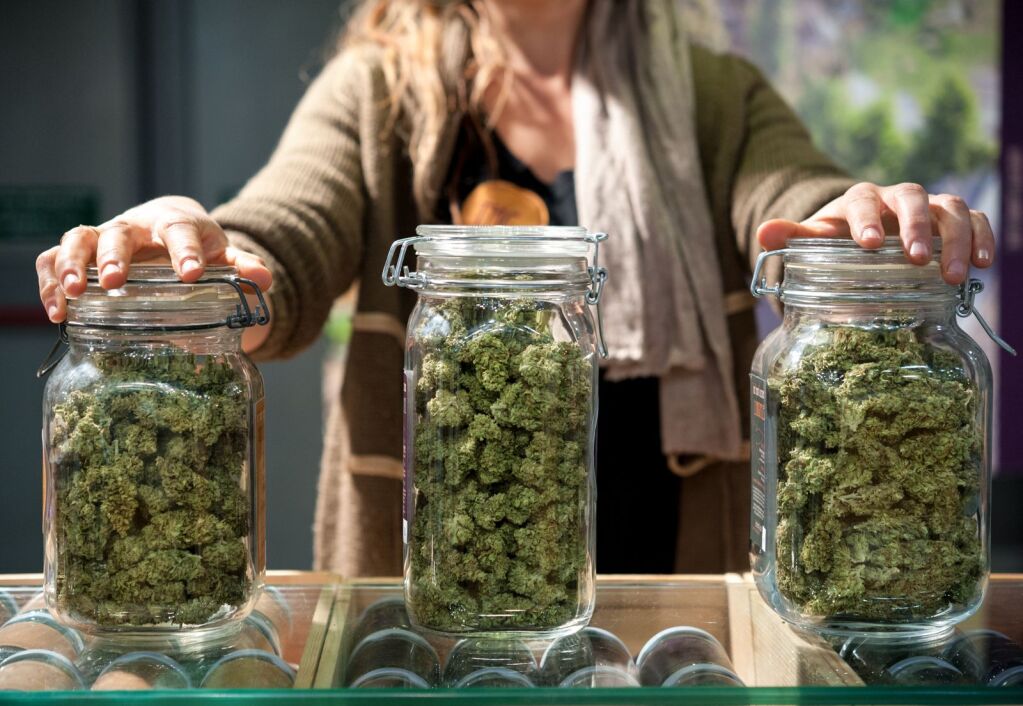
A strain is the term to describe the different types of cannabis. People formulate various strains in order to achieve a desired effect on the end user.
For instance, the three most common cannabis strains are Indica, Sativa, and hybrid varieties. Generally speaking, Indica strains have higher levels of CBD, while Sativa strains have more THC.
8. Vaping
Vaping is a popular form of cannabis ingestion. You may see people walking around with their vape pens, which can be mistaken for e-cigarettes. Their low odor, sleek design, and overall discretion make vape pens popular with younger people.
Oil, herb, or wax cannabis is vaporized and inhaled through a vaporizer pen. While many people believe it may be a safer form of ingestion over smoking joints, science isn’t so sure.
9. Dispensary
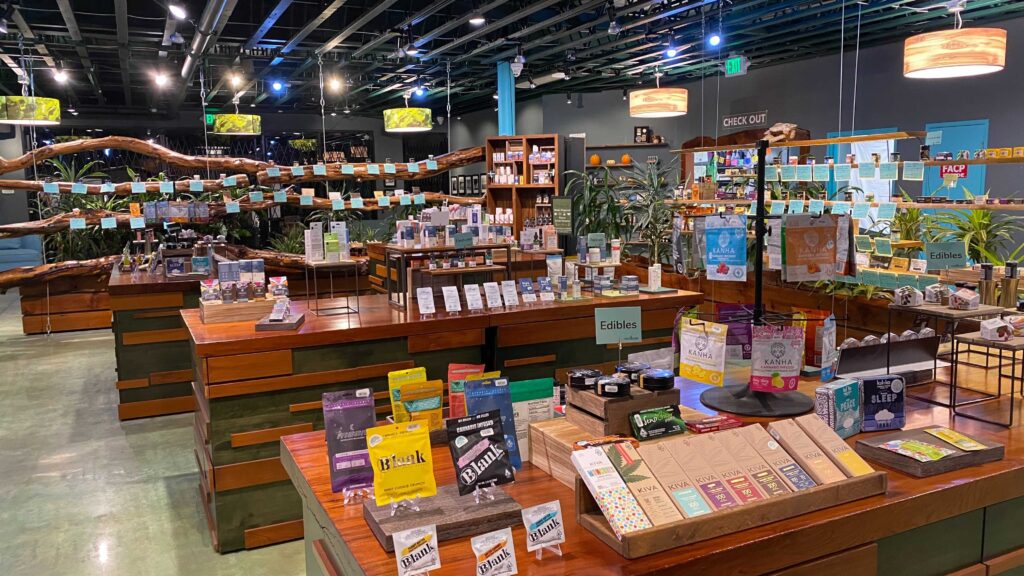
A dispensary is where people shop for their cannabis.
There are medical marijuana dispensaries in states that issue medical marijuana cards, and recreational dispensaries in states that have legal recreational use.
The people who work at a marijuana dispensary are commonly known as “budtenders,” which is a bonus cannabis term we threw in for you today!
You can be sure that state governments operate dispensaries, and that people who purchase marijuana there must do so in adherence to state laws.
Conclusion
By now, you’ve added nine major cannabis terms to your vocabulary! You’ll likely come across these terms again, except now you’ll know precisely what they mean.
You may have just been curious, or you may have an interest in using medical marijuana and want to understand more about it.
Either way, we hope this has been a helpful resource for you.

